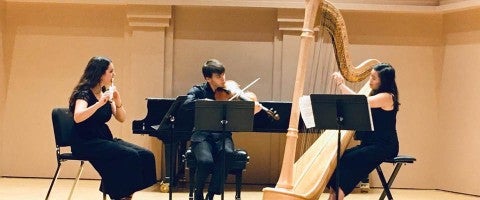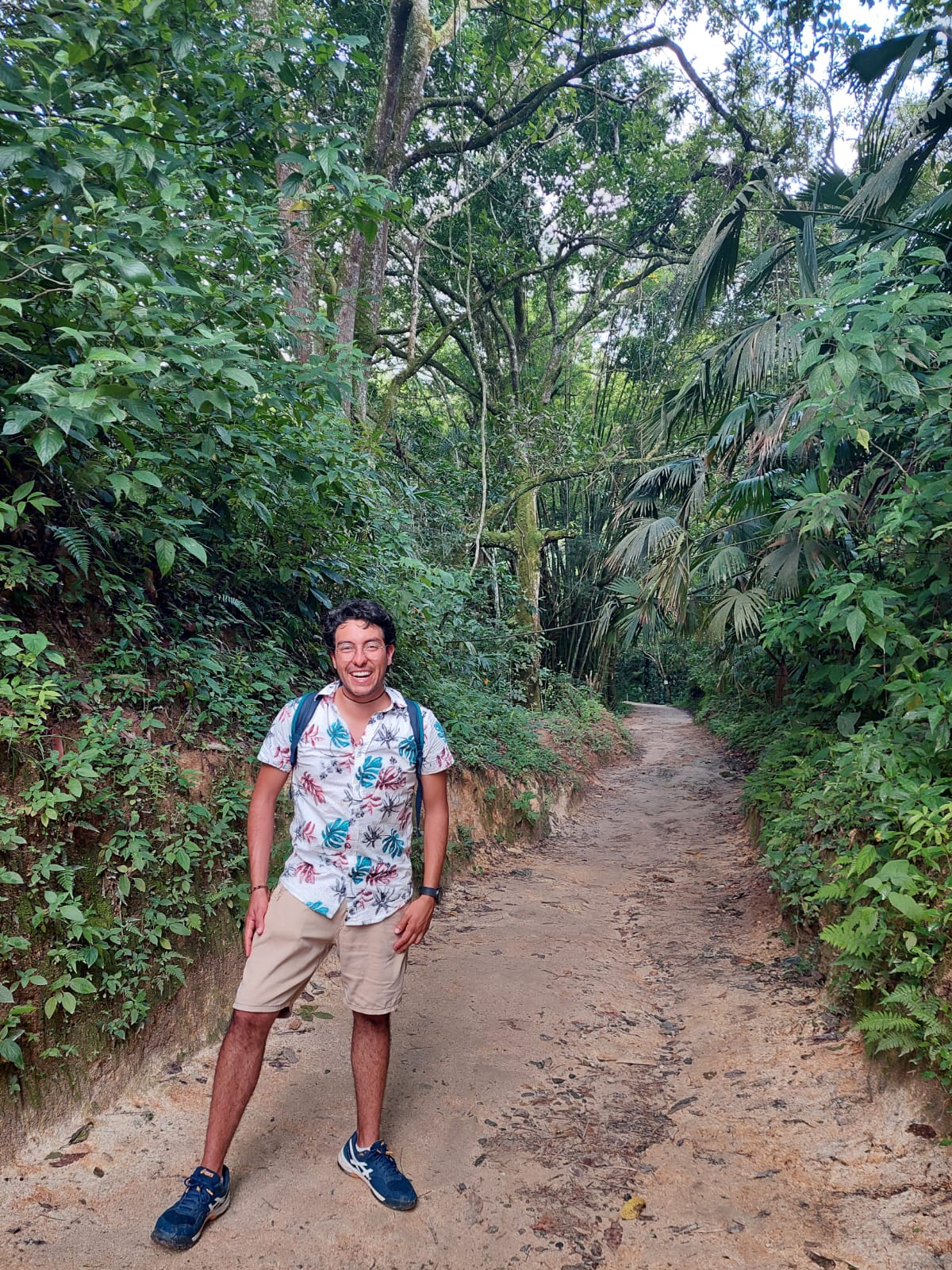Program: SSPB
Home Country: Colombia
Universities: Universidad Nacional de Colombia
Languages: Spanish/English
Pronouns: he/him
I was born and raised in an agricultural community nestled in the mountain range of Boyaca, Colombia, surrounded by one of the most biodiverse ecosystems on earth. This stimulating environment sparked in me a deep curiosity to discover the way complexity emerges in living organisms and how the interactions between these organisms support and shape our diverse ecosystems. At the same time, I also witnessed the harsh reality of our communities, inadvertently contributing to the decline of Colombian biodiversity and climate change as we struggled to survive within impoverished agroecosystems.
These contrasting experiences motivated me to enroll in the Biology program at the Universidad Nacional de Colombia. There, I had the opportunity to learn from several research groups across disciplines that ranged from neuroscience to entomology. However, it was the intersection of Systems and Synthetic Biology, that captivated me the most, due to its potential to harness nature’s metabolic diversity and provide solutions to pressing global problems such as climate change and biodiversity loss. In 2019, I joined the Systems Biology laboratory at the Universidad de los Andes and proposed a research project with the aim of increasing the number of CRISPR modules that could be co-expressed in a genetic circuit. This project consisted of a NOT gate designed to increase repression and tackle the retroactivity phenomenon observed in CRIPSR interference systems to allow the implementation of bigger genetic circuits based on this system.
After I graduated amidst the COVID pandemic in 2021, I dedicated myself to tackling biodiversity loss in Colombia. I founded a low-budget plant tissue culture laboratory aimed at in-vitro germination of endangered orchids. During this process, I produced over 3000 orchid plants of six vulnerable species and collaborated with over 300 volunteers to reintroduce them across eight protected areas in our community. Although this project is one of the biggest efforts in orchid conservation implemented in Colombia, it is a palliative solution and does not address the root causes of biodiversity loss. Therefore, I applied for the Fulbright scholarship in 2023 with the goal of leveraging synthetic and systems biology to create technologies that address pressing issues of climate change, biodiversity loss, and food security. This led me a year later, to start as a student at the Systems, Synthetic and Physical Biology PhD program at Rice University. I believe Rice University is the ideal environment to continue learning and contribute to generating the required knowledge to achieve these goals, surrounded by a welcoming, encouraging, and supportive community.
What I like about Rice/Houston:
What I like most about Rice University is the immediate sense of belonging I experienced from the very beginning. Everyone here is genuinely willing to go out of their way to lend a hand whenever you encounter any challenges. This makes navigating through the process of settling in the US and arriving in a new city feel less daunting.
What I like about Fulbright:
The Fulbright program has given me the strength to go that extra mile in achieving my goals. Furthermore, it has allowed me to tap into a huge network of amazing people who care for each other and are now like my new family.
Fun Fact about me:
When I'm not delving into the amazing world of molecular biology, synthetic and systems biology, you might find me looking at the sky, captivated by the graceful flight of birds and insects.


